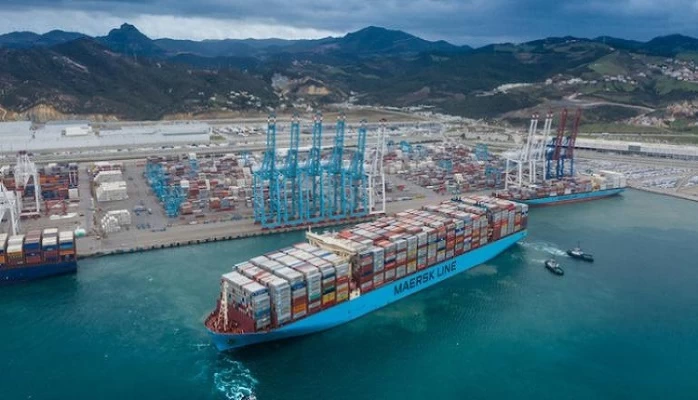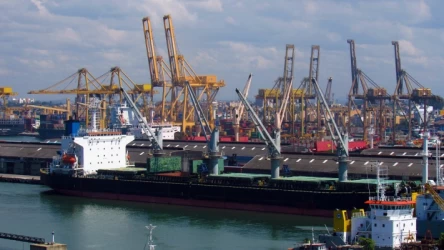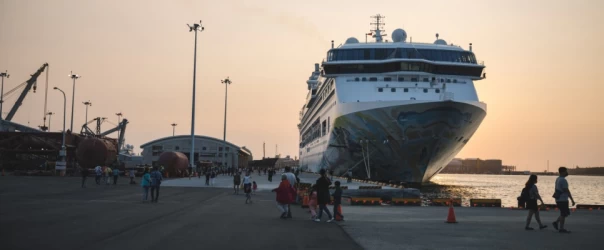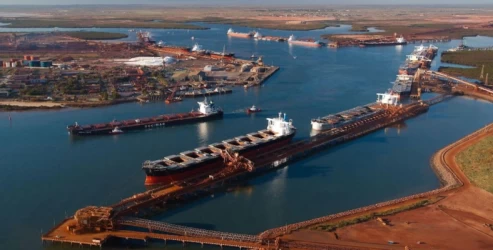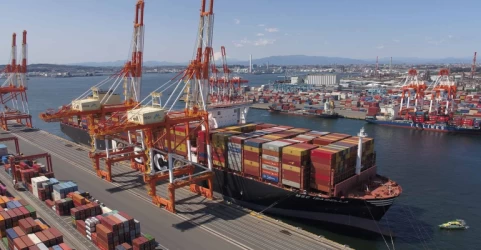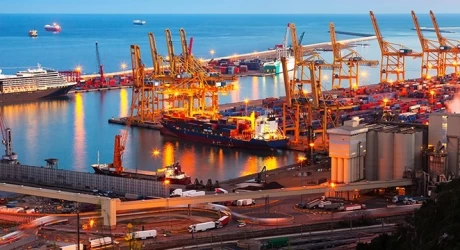Sea transportation in the port of Jeddah
Jeddah Port, located on the western coast of Saudi Arabia along the Red Sea, stands as one of the most crucial maritime hubs in the Middle East. This port plays a vital role in international trade, particularly in facilitating the movement of goods to and from Saudi Arabia and other countries in the region. This article explores the history, strategic importance, infrastructure, and the role of Jeddah Port in maritime transportation.
Historical Background
Jeddah Port boasts a rich history that dates back over a thousand years, serving as a significant trade center in the Arabian Peninsula. In ancient times and during the early Islamic period, the port was a pivotal point for trade, connecting the Indian Ocean to the Mediterranean Sea. Its proximity to the holy cities of Mecca and Medina made it an essential entry point for pilgrims, further solidifying its importance in global trade routes.
In recent decades, the port has undergone substantial modernization and expansion, enhancing its capacity and efficiency to meet the growing demands of international shipping and trade.
Strategic Importance of Jeddah Port
Jeddah Port's geographical location makes it strategically important as a gateway between East and West. It is a central hub for maritime transport, facilitating trade between Asia, Europe, and Africa. The port serves as the primary point for imports and exports in Saudi Arabia, particularly for oil and petrochemical products.
Additionally, Jeddah Port plays a critical role in the transportation of Hajj pilgrims, with millions arriving annually for religious purposes. The port provides essential facilities for travelers, ensuring their safe and efficient transit to Mecca and Medina.
Infrastructure of Jeddah Port
Jeddah Port is equipped with state-of-the-art facilities designed to accommodate various types of vessels and cargo. The port features multiple container terminals with advanced handling capabilities, enabling it to manage millions of tons of cargo each year.
The port's infrastructure includes:
- Container Terminals: With modern cranes and automated systems, these terminals handle containerized cargo efficiently.
- Bulk Cargo Facilities: Specialized facilities are available for handling bulk goods, such as grains and chemicals.
- Oil and Petrochemical Terminals: Jeddah Port has dedicated terminals for oil and gas products, crucial for the Saudi economy.
- Passenger Terminals: Designed to accommodate cruise ships and Hajj pilgrims, these terminals ensure smooth operations for travelers.
The implementation of advanced technologies in logistics and cargo management, including real-time tracking systems and automated cargo handling, enhances the port's operational efficiency and security.
Economic Role of Jeddah Port
As one of the primary economic drivers of Saudi Arabia, Jeddah Port significantly contributes to the country's maritime economy. The port supports local businesses and creates numerous job opportunities in logistics, shipping, and related industries.
Many international companies utilize Jeddah Port as a strategic entry point into the Middle Eastern market, leveraging its connectivity to reach various regional markets. This has led to increased foreign investment and collaboration in Saudi Arabia’s logistics and transportation sectors.
Challenges and Opportunities
Despite its advantages, Jeddah Port faces several challenges. The increasing competition from other regional ports, such as Dubai and Salalah, necessitates continuous improvement in infrastructure and service quality to maintain its competitive edge.
Furthermore, the growing demand for sustainable practices in shipping and logistics presents opportunities for Jeddah Port to invest in green technologies and sustainable shipping solutions. By adopting environmentally friendly practices, the port can enhance its reputation and attract more global shipping companies.
Conclusion
Jeddah Port serves as a vital maritime transportation hub in the Middle East, playing an integral role in international trade and the Saudi economy. With its modern infrastructure, strategic location, and historical significance, the port is well-positioned to continue facilitating trade and supporting the region's economic growth. Ongoing investments in technology and sustainability will ensure that Jeddah Port remains a key player in global maritime transportation for years to come.
If you have any specific questions or need further assistance, feel free to ask!

